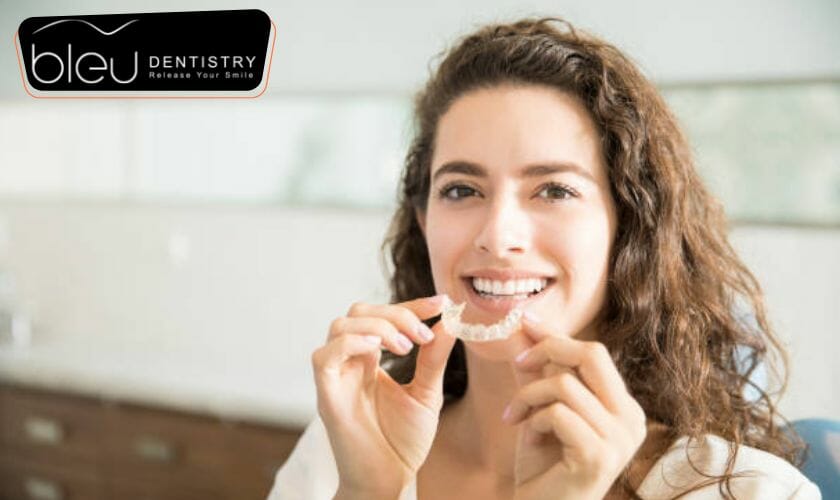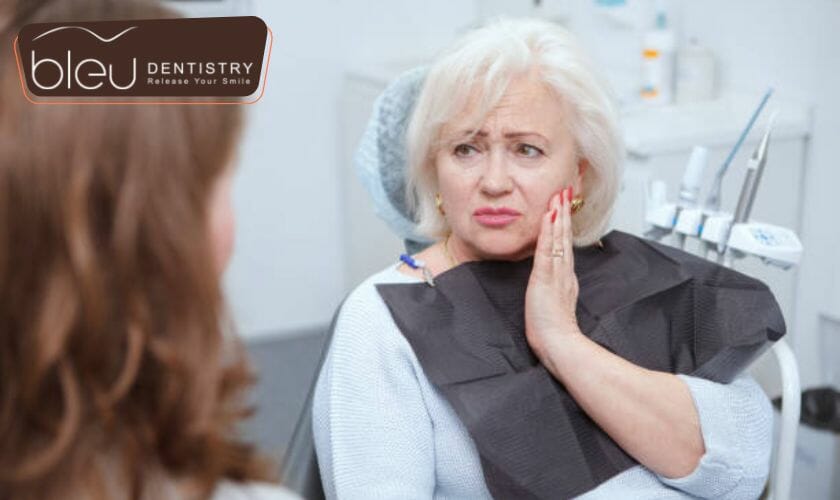Surveys show that 96 percent of people think their smile makes a big difference in how they look and how confident they feel. Because of this, more and more people are using braces or Invisalign to straighten their teeth instead of using other methods.But which of the two options, Invisalign or braces, would work best… Continue reading All About Invisalign And Traditional Braces
Any time can be the wrong time for your teeth. Most dentists plan for the unexpected by making sure they have time in their day to deal with emergencies. In many dental emergencies, acting quickly can keep you from losing teeth or getting damage that won’t go away. Read on to learn more about dental… Continue reading Situations That Fall Under the Category of Emergency Dentistry
The fall of winter marks the decrease in temperature which in turn increases the chances of your teeth and gums being susceptible to various problems. The primary reason behind this is the cold temperature can create issues such as cracks in the teeth and sensitivity. Winters can be the favorite season for many but it… Continue reading How to take care of your teeth in winter?
Benefits of Choosing Invisalign Over Traditional Braces
Invisalign offers a range of benefits that make it an attractive alternative to traditional braces. One of the primary advantages is the aesthetic appeal; Invisalign aligners are virtually invisible, allowing patients to straighten their teeth discreetly. Additionally, the comfort of the aligners, which are custom-made to fit the patient's teeth, makes them a preferred choice for many seeking orthodontic treatment.
Moreover, Invisalign aligners can be removed during meals and oral hygiene routines, allowing for better dental care compared to traditional braces. Patients can enjoy their favorite foods without restrictions, and maintaining oral hygiene is simpler, as there are no brackets or wires to navigate around. This flexibility often leads to higher patient satisfaction and compliance with treatment plans.
Understanding Emergency Dental Care: Common Scenarios
Emergency dental care is crucial for addressing urgent dental issues that require immediate attention. Common scenarios include severe toothaches, broken or knocked-out teeth, and dental infections. Recognizing when to seek emergency care can prevent further complications and preserve oral health.
For instance, a knocked-out tooth can often be saved if treated within an hour. Patients are advised to handle the tooth by the crown, rinse it gently, and place it back in its socket if possible, or store it in milk until they reach a dental professional. Understanding these scenarios can empower patients to act swiftly and effectively during dental emergencies.
Seasonal Dental Care Tips for Optimal Oral Health
Seasonal changes can impact oral health, making it essential to adapt dental care routines accordingly. For example, during winter, dry air can lead to increased instances of dry mouth, which can contribute to cavities and bad breath. Staying hydrated and using a humidifier can help combat these issues.
Additionally, holiday seasons often bring an influx of sugary treats that can harm dental health. Patients should be encouraged to maintain regular brushing and flossing routines, as well as schedule dental check-ups after the holiday season to address any potential issues arising from festive indulgences.
How to Choose the Right Dentist for Your Needs
Selecting the right dentist is a crucial step in ensuring quality dental care tailored to individual needs. Patients should consider factors such as the dentist's qualifications, experience, and areas of specialization. Reading reviews and seeking recommendations can also provide valuable insights into the quality of care provided.
Moreover, it's important to evaluate the dental office environment and staff. A welcoming atmosphere and friendly staff can significantly enhance the patient experience. Scheduling a consultation can help patients assess whether the dentist's approach aligns with their expectations and comfort level, ensuring a positive long-term relationship for ongoing dental health.




